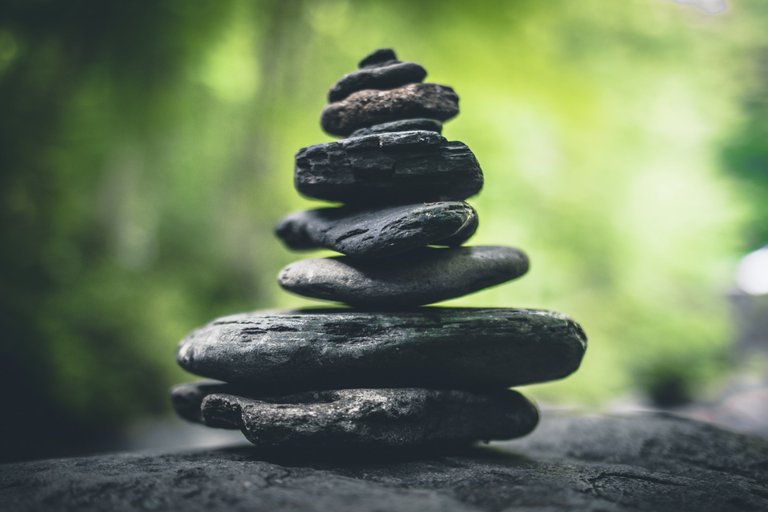 Photo by Sean Stratton on Unsplash
Photo by Sean Stratton on Unsplash
unconditional balance -
love and destruction.

This 5th chapter in the Tao Te Ching suffers slightly in the translation because of connotations of what straw dogs are and the idea of being ruthless. But if we delve into the actual definition and traditional uses of a straw dog, a different picture emerges.
Heaven and earth are ruthless, and treat the myriad creatures as straw dogs; the sage is ruthless, and treats the people as straw dogs.
Chptr 5, Tao Te Ching D.C. Lau’s Translation
Straw dogs are burned during ceremonies and then discarded. It’s not the form or composition that’s important, but the feeling of awe and connection with the straw dog that helps to power the ritual. It acts as a carrier. If we truly loved it, who would destroy the straw dog?
Is not the space between heaven and earth like a bellows?
It is empty without being exhausted:
The more it works the more comes out.
Chptr 5, Tao Te Ching D.C. Lau’s Translation
Buddha once pointed out that it’s not the external form that love connects with, but an eternal essence—what some now call Buddha-nature. ‘Loving’ someone or something for their qualities is a desire of what we believe we need from them. Indeed, true love only comes about when need, attachment, and desire subside.
Although the notion in this 5th chapter of the Tao that heaven and earth are ruthless seems counterintuitive to the idea of love, it always reminds me of the reality of natural disasters such as earthquakes.
The planet is fulfilling part of its function through natural disasters— it’s not personal. Heaven and earth don’t show favouritism, they are neutral and in these natural functions are a duality that runs throughout the Tao. Without the planet controlling excesses of burden upon itself, it would die and we would all die. Is this not love? To maintain that which sustains us.
Much speech leads inevitably to silence.
Better to hold fast to the void.
Chptr 5, Tao Te Ching D.C. Lau’s Translation
Humankind has a species-centric view. Many religions place humans at the pinnacle of evolution. Apparently, God created us in his image. And in some forms of Buddhism and Hinduism, reincarnation demotes the wrong-doer toward the animal form.
Yet these ideas come from “much speech” from various religious and spiritual ideals/followings, that inevitably end in their purest form of meditation with “silence” and, in many cases an understanding of the importance of a balance between action and “void.”
Just as the universe acts ruthlessly, it does so to maintain balance.
Love can be found in emptiness, yet is inexhaustible.
The Tao Te Ching points to these dichotomies of an infinite universe.
Thanks for reading 🌿

This is the 5th in an on-going series of poetry/spirituality posts reflecting on the chapters of the Tao Te Ching, as translated by D.C. Lau. Each post will include a Haiku and blog exploring my interpretation of the Tao.
The image used in this post is creative commons license, linked to credit beneath the picture. If you have enjoyed this Haiku, please check out my other work on my homepage @raj808.




Congratulations @raj808! You have completed the following achievement on the Hive blockchain And have been rewarded with New badge(s)
Your next target is to reach 1400 posts.
You can view your badges on your board and compare yourself to others in the Ranking
If you no longer want to receive notifications, reply to this comment with the word
STOP